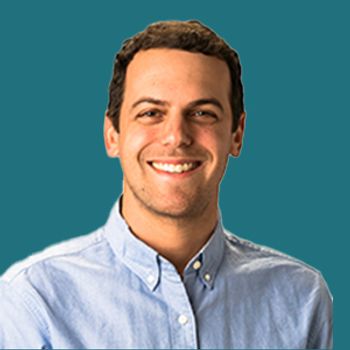
Evan Weber, PhD, an assistant professor of pediatrics at Children's Hospital of Philadelphia, discussed his work on the role of the FOXO1 gene in T-cell persistence and exhaustion.

Evan Weber, PhD, an assistant professor of pediatrics at Children's Hospital of Philadelphia, discussed his work on the role of the FOXO1 gene in T-cell persistence and exhaustion.
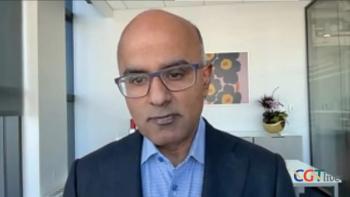
The cofounder and chief executive officer of Verve Therapeutics discussed the company’s pipeline.

B-VEC is approved in a gel formulation under the name Vyjuvek for skin wounds in dystrophic epidermolysis bullosa.
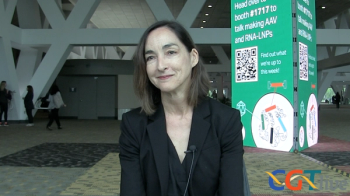
The chief medical officer of Forge Biologics discussed how expanded newborn screening practices may help the company’s gene therapy for Krabbe disease, FBX-101, reach more patients.

Catch up on the latest news, breakthroughs, and announcements from biotechnology companies making advancements in cell and gene therapies.

Ocugen’s gene agnostic modifier gene therapies include OCU400 and OCU410.
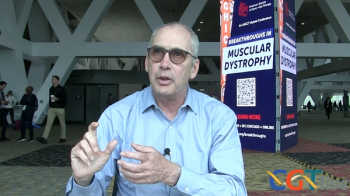
The chief scientific officer of Arbor Biotechnologies discussed the company’s preclinical candidate ABO-101.
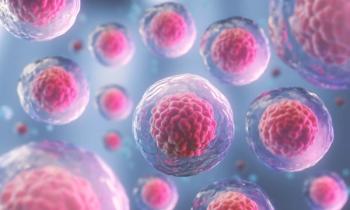
Tab-Cel is approved under the name Ebvallo in Europe, Switzerland, and United Kingdom.
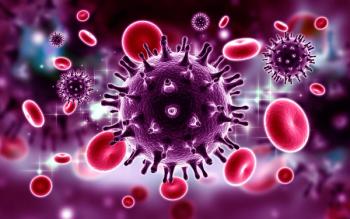
Excision is evaluating a higher dose in a second cohort as well as exploring alternative, potentially redosable, delivery methods.
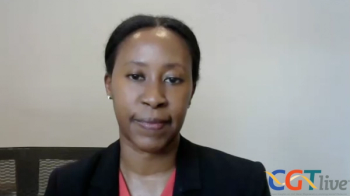
The associate chief science officer of the Kennedy Krieger Institute discussed an aspect of clinical trial design highly relevant to gene therapy development for rare diseases.

Most participants had improved or stable cognitive function in a proof-of-concept study.
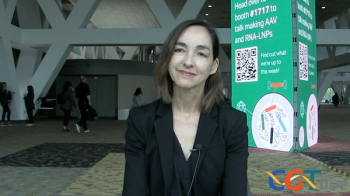
The chief medical officer of Forge Biologics discussed updated data from the REKLAIM clinical trial evaluating FBX-101.
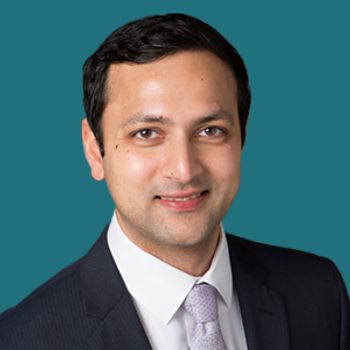
Abhishek Gupta, BS, the senior vice president of genetic medicines at Syneos Health, discussed common setbacks in gene therapy trials and how to overcome them.
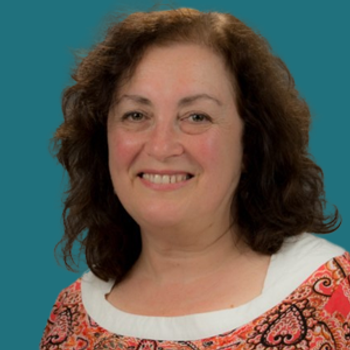
A study of the flu seasons from 2017 to 2020 suggest that cell-based influenza vaccines outperformed egg-based vaccines in effectiveness.
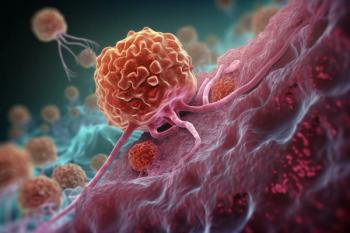
A2B694 is being evaluated for the treatment of patients with mesothelin-expressing solid tumors that have lost HLA-A*02 expression.
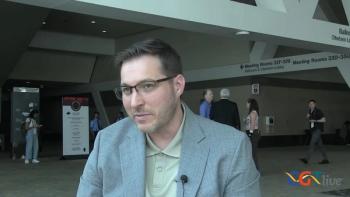
The associate professor and associate investigator of neurology at Harvard Medical School discussed research confirming proof-of-concept with EV-AAVs.

Jonathan W. Weinsaft, MD, chief of cardiology and professor of medicine at Weill Cornell Medical College, discussed research the center is doing in the space.
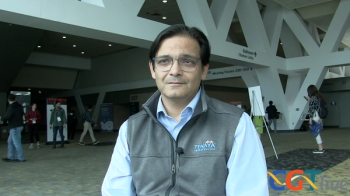
The chief executive officer of Tenaya Therapeutics discussed the growing interest in genomic medicines in cardiology.

Oncological trials of biologics also face particularly higher rates of clinical holds.

Review top news and interview highlights from the week ending May 17, 2024.

Lawrence R. Lustig, MD, discussed promising early results from the phase 1/2 CHORD trial evaluating Decibel Therapeutics and Regenerons’ DB-OTO.
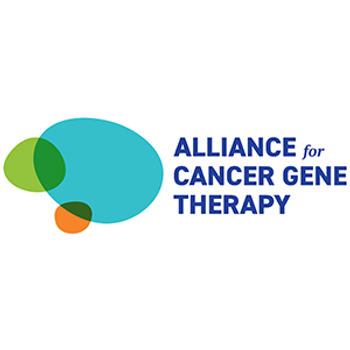
The invitation-only annual scientific summit, held on March 29, in New York City, brought together top scientists in cancer cell and gene therapy.
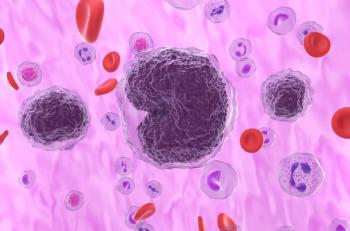
Verismo intends to go forward with plans for the phase 1 CELESTIAL-301 clinical trial, which the company expects to initiate in the second half of this year.
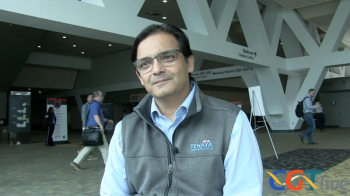
The chief executive officer of Tenaya Therapeutics discussed the company’s decision to supplement the gene transfer programs in its pipeline with gene editing programs.
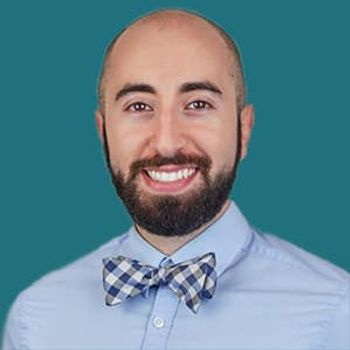
Omer A. Abdul Hamid, MD, pediatric neurologist at Nemours Children’s Health offered advice and discussed important practical considerations with administering gene therapies.

The CAR T-cell therapy was also recently approved for treating chronic lymphocytic leukemia or small lymphocytic lymphoma.

Eladocagene exuparvovec is approved in the United Kingdom and European Union under the name Upstaza.

Catch up on the latest news, breakthroughs, and announcements from biotechnology companies making advancements in cell and gene therapies.
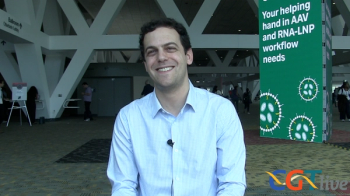
The assistant professor of pediatrics at Children's Hospital of Philadelphia discussed the role of the FOXO1 gene in T-cell persistence and exhaustion.

The invitation-only annual scientific summit, held on March 29, in New York City, brought together top scientists in cancer cell and gene therapy.